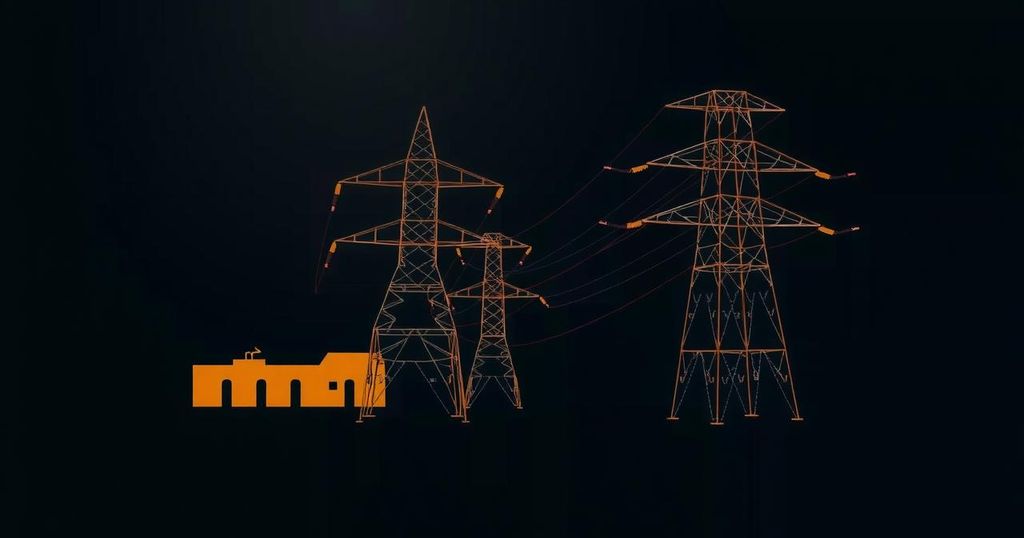Venezuela Restores Power Following Extensive Outage Amid Political Turmoil
Power was successfully restored throughout Venezuela on Saturday morning following a significant 12-hour blackout that engulfed the nation in darkness. The government has attributed the outage to alleged “sabotage” orchestrated by opposing factions amid widespread protests regarding accusations of electoral fraud in the recent presidential elections that secured President Nicolas Maduro’s position.
This outage, which was not unprecedented for the country, has reignited discussions among experts, many of whom argue that recurrent blackouts stem from governmental corruption and insufficient investments in power distribution infrastructures. The disruption commenced on Friday at the Simon Bolivar hydroelectric plant, which stands as Venezuela’s primary energy source.
President Maduro characterized the incident as “the father and the mother of all attacks” against the facility, claiming that the opposition, whom he derogatorily refers to as “fascists,” alongside the United States, was implicated in the incident, though he failed to provide substantial evidence to support these allegations. The ramifications of this power failure echoed memories of a significant blackout in 2019, which lasted for several days. Reports from local media and communications with citizens indicated that electricity began to be reinstated in some regions around 4:00 PM local time (2000 GMT) on Friday, achieving near-complete restoration by Saturday morning. Additionally, Caracas Metro services returned to normal operations, and internet connectivity reached approximately 93% by dawn on Saturday, according to the NGO VE Sin Filtro, which monitors internet availability.
The timing of the blackout is noteworthy, coming a month after the July 28 elections, in which the government-aligned National Electoral Council (CNE) announced Maduro’s victory while withholding detailed electoral data. In contrast, the opposition has contested these findings, presenting statistics from local electoral stations that they claim demonstrate a decisive defeat for Maduro against their candidate, Edmundo Gonzalez Urrutia. Furthermore, the United States, along with several Latin American and European nations, has declined to acknowledge Maduro’s electoral claims without access to full and transparent voting results.
Prior to the elections, the Caracas government had issued warnings about a possible “attack” on the electrical infrastructure. President Maduro subsequently described the recent outage as an “attack full of revenge” initiated by what he terms “fascist sectors.” Legal authorities have summoned Gonzalez Urrutia for questioning regarding the opposition’s unauthorized release of electoral data; however, he has not appeared, expressing concerns regarding his safety and potential arrest. Similarly, opposition leader Maria Corina Machado remains in hiding, awaiting protection from increasing threats against her.
The situation underscores the political volatility and infrastructural challenges faced by Venezuela, raising questions about both the management of public services and the ongoing conflict between the government and opposition factions.








Post Comment